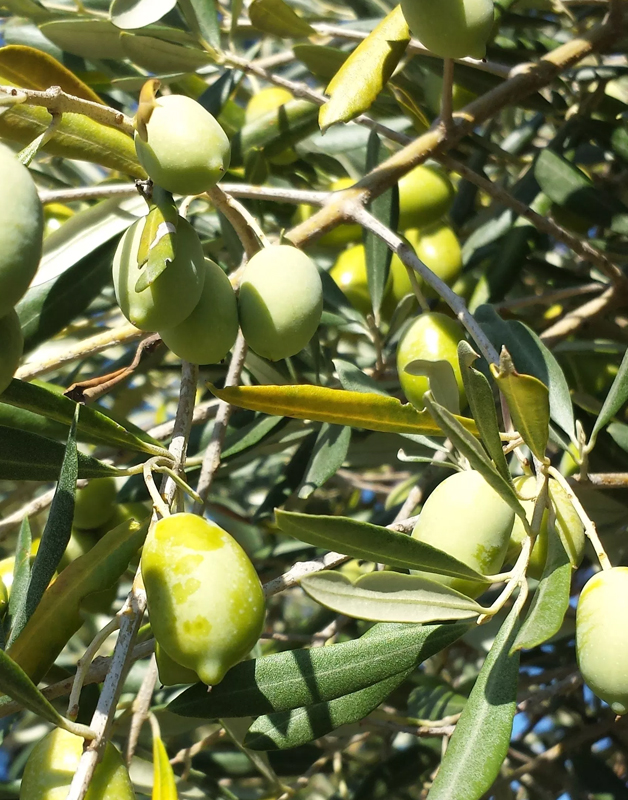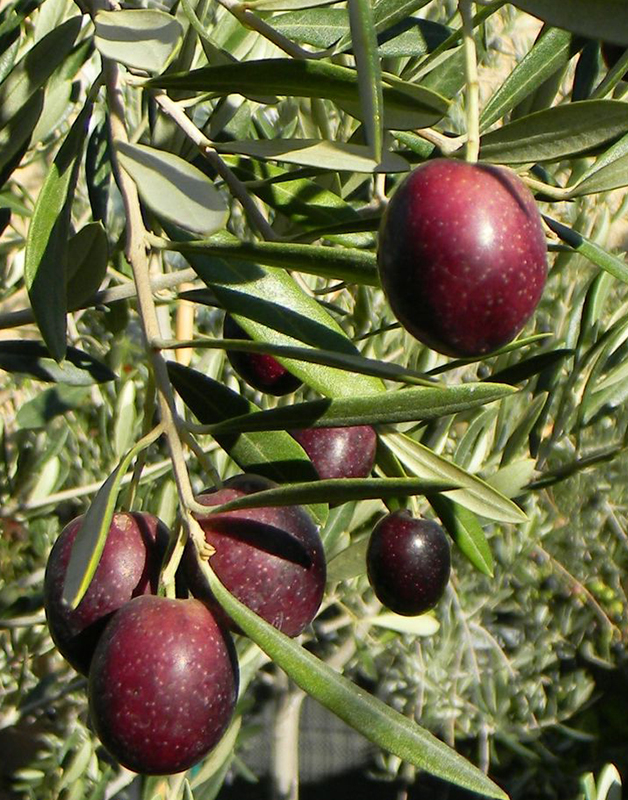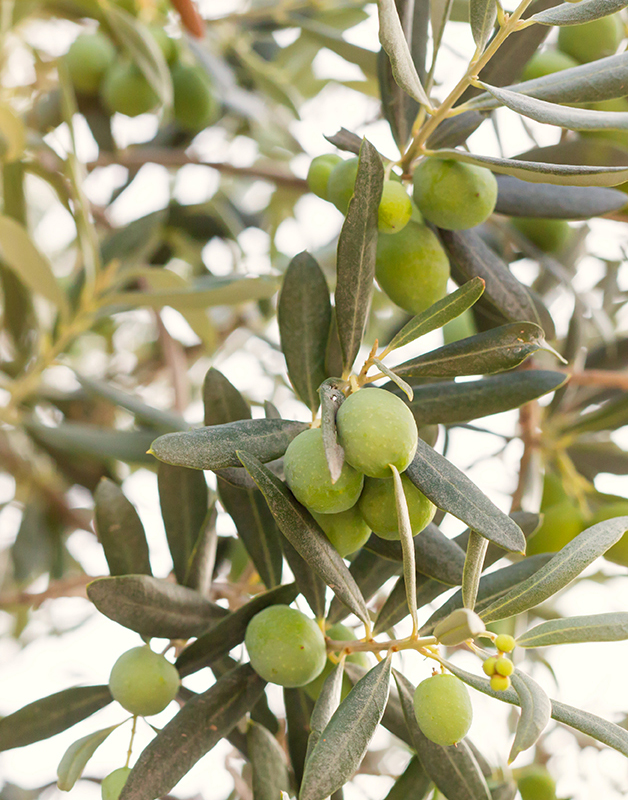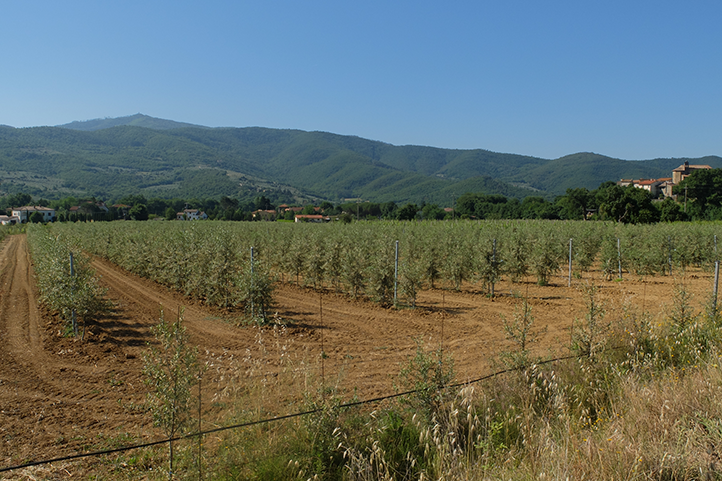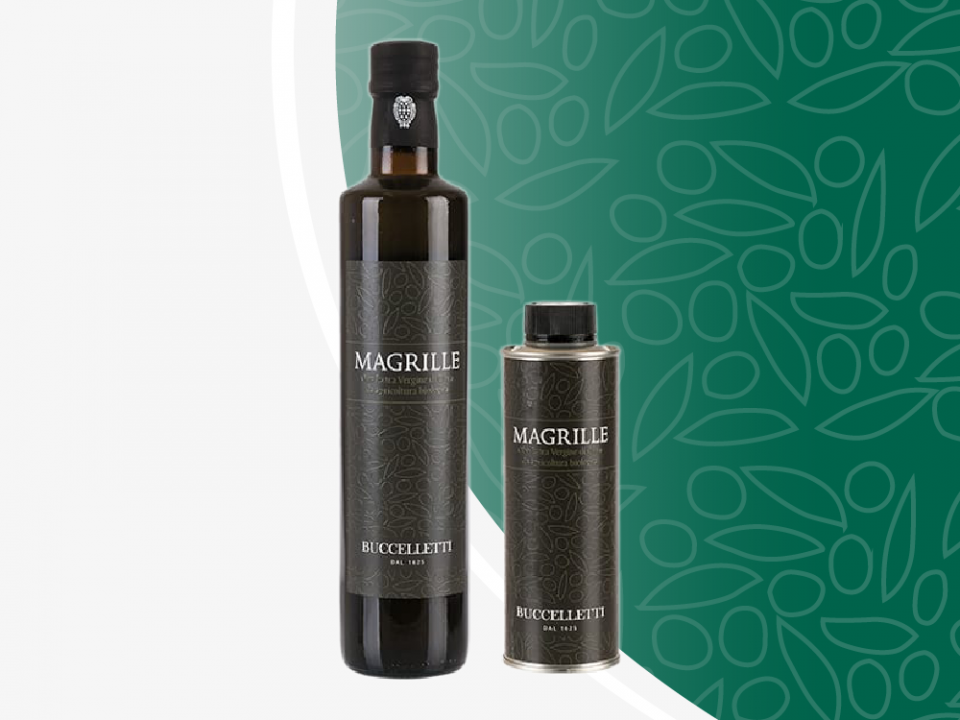All about Leccio del Corno olive tree: characteristics, farming system

Super high density olive farming: Magrille oil has won the Magnifico 2019 prize
27/05/2019
Livita Plus: the testimony of Fratelli Fratta, among the first companies to trust us
08/08/2019Arbequina olive tree for high density olive growing: information and techniques
Leccio del Corno olive tree is particularly suitable for high-density olive growing and is one of the most widespread cultivars in central and northern Italy today. Its name derives from its area of origin: it was identified in 1929 in the locality of San Casciano Val di Pesa, near Florence, at Fattoria del Corno, from which it takes its name.
After numerous tests, researches and controls, Buccelletti evaluated that the Leccio del Corno variety was perfect for Livita Plus high-density olive orchard. For the integrated Livita Plus system, only Leccio del Corno olive trees born and grown in Tuscany are used.
In this article, we discover this typical Tuscan cultivar and discover why it is suitable for use in high-density olive groves.
Leccio del Corno: characteristics of plants and oil
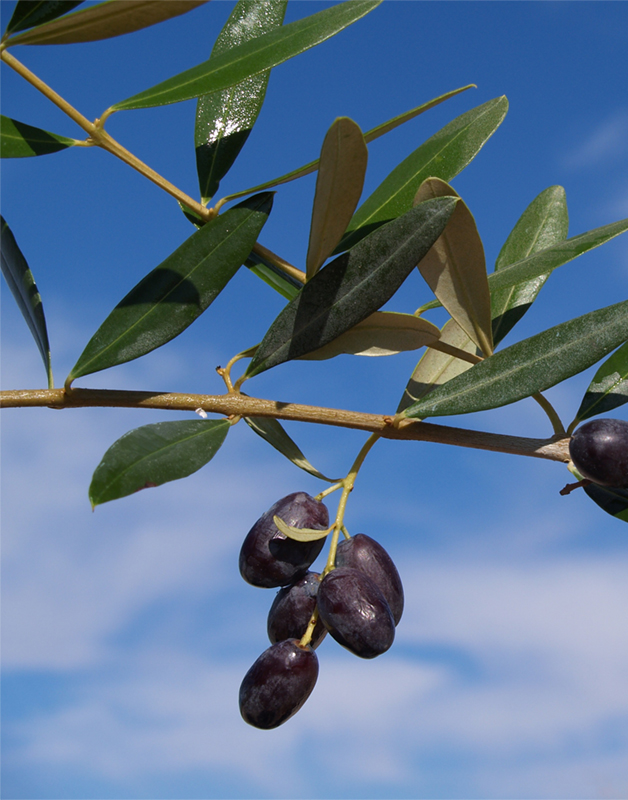
Leccio del Corno is a variety with high productivity and very resistant to low temperatures: these qualities make it suitable for successful use in super high density olive growing. Leccio del Corno has in fact adapted very well to this type of production, since the first experiments.
These are the main characteristics of this variety of Tuscan olive tree.
- High vitality.
- Pendulous canopy.
- Expanded and lush crown.
- Elliptical, medium sized, grey-green leaves.
- Small, symmetrical, oval-shaped, green fruit.
- Core, ellipsoidal and symmetrical in shape, medium-small in size.
Leccio del Corno olive trees have a medium-high resistance to drought and to the most common pathologies and a very high resistance to low winter temperatures. Its flowers are self-incompatible: this means that they need other varieties to be fertilized. The fruits grow in clusters and have a late ripening.
Leccio del Corno olives produce an oil of a beautiful green colour, intense in flavour and perfume, with marked bitter and spicy notes: in the mouth you can perceive the notes of bitter almond and artichoke, with a fruity finish and strong sensations of unripe olives.

How much does the Leccio del Corno make? From harvest to yield in oil
The yield in oil of Leccio del Corno olive trees is high, around 19%. Thanks to the high density olive farming, it is possible to make the most of the productivity of this cultivar. The quality of Leccio del Corno oil is excellent, so much so that it is often used as a monocultivar and is rich in polyphenols.
The Leccio del Corno, if cultivated with the Livita Plus method of high-density olive growing, enters into production from the third year, with the following levels of yield:
3rd year
30 / 40qt / ha
4th year
50 / 70qt / ha
From the 5th year
over 70qt / ha
This is a very high yield increase: in just two years, production can be doubled.
High density olive orchard with Italian varieties

Buccelletti has always been committed to scientific research and experiments to improve the productivity of olive trees and the quality of the oil. Particular attention has been paid to tests on Italian cultivars: in our country, the olive tradition is much more than a business, it is history. That's why Buccelletti wanted Livita Plus to be synonymous with Made in Italy and today it is possible to develop high-density olive farming systems with Italian varieties.
Four of the selected cultivars are in fact completely Italian.
In addition to the Leccio del Corno olive tree, we find:
Already today it is possible to buy olive trees of the four Italian varieties to cultivate according to the Livita Plus system of high-density olive growing. Buccelletti cultivates the plants in his mother field near Arezzo and they are all viruses and bacteria free, an essential certification for the success of production.
Moreover, for the last 5 years Buccelletti has started a genetic improvement program that has led to the development of 16 selections of Italian genotype. These are currently in the patent phase but will be released by 2020. The high-density olive farming Made in Italy is now a growing reality, to increase productivity in full respect of the Italian olive tradition.
Super high density olive orchard with Leccio del Corno: the Livita Plus method
Livita Plus is an integrated system of high-density olive cultivation, which is based on precision agriculture principles. Agricultural and maintenance interventions are reduced to a minimum and mechanization is high: in this way, the plants enter into production before than traditional olive growing and, from the third year of age, the olive trees become productive; from the fifth year, production reaches its peak and will always remain stable. The olive trees are planted in parallel rows, with a density ranging between 600 and 1600 trees per hectare depending on the cultivar.
It is important choosing the varieties of olive tree that best respond to the system of high-density olive growing. In addition to the Leccio del Corno, which allows planting up to 1250 plants per hectare with a sixth of planting of 4x2 meters, the other varieties selected by Buccelletti are Arbequina, Arbosana, Koroneiki, Maurino, Favolosa FS-17 and Piantone di Mogliano, all very resistant and productive.
Buccelletti is a point of reference for the realization of high-density turnkey olive orchards: the olive trees are cultivated in its plant in Castiglion Fiorentino (Arezzo) and are all certified by the National Research Council and Massa Spin-Off; each plant has the certificate CAC (Conformitas Agraria Communitatis)



